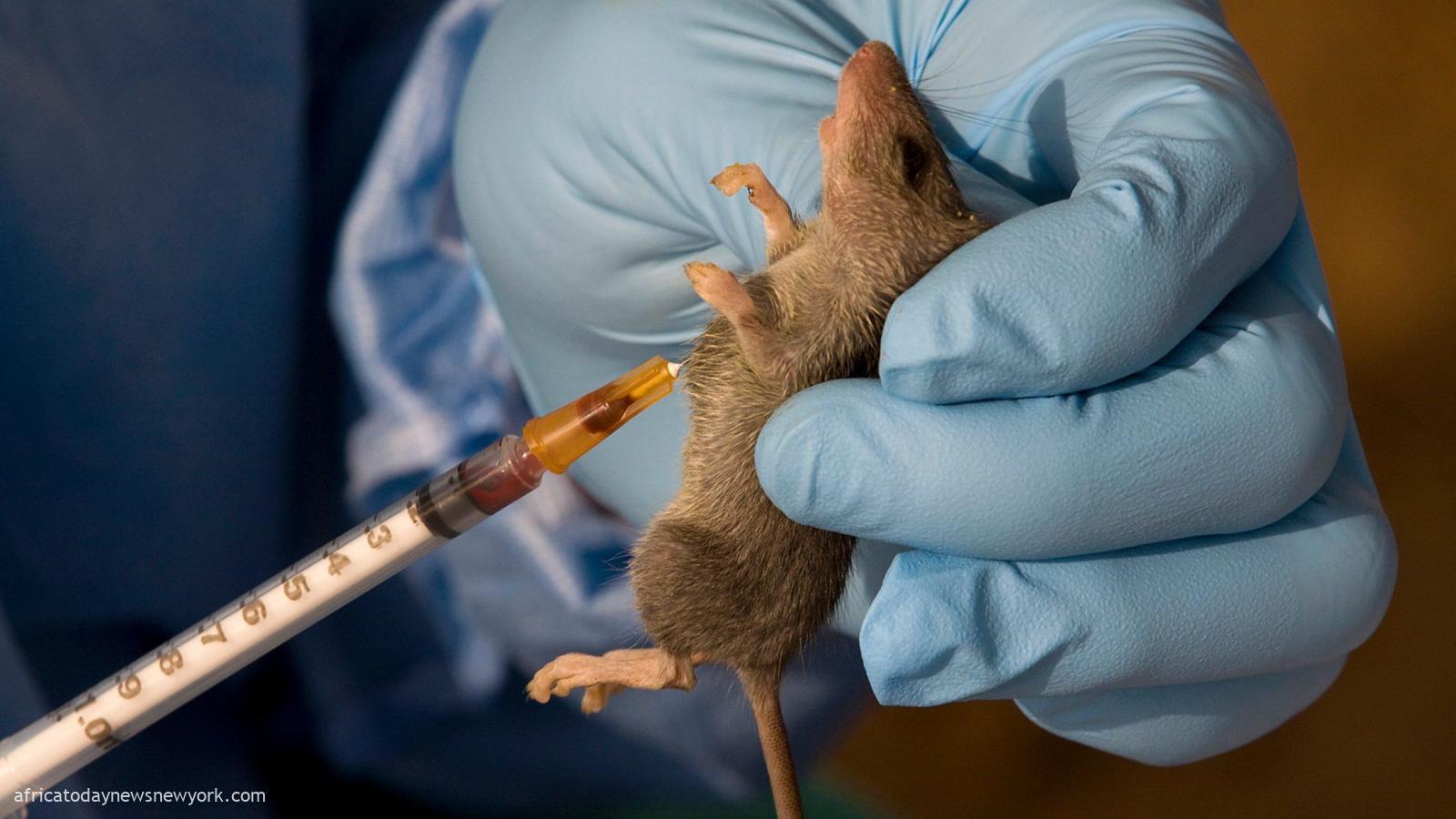The Kogi State Government has reiterated that there are no cases of Lassa fever recorded in any of the 21 local governments within the state.
Responding to a viral video alleging a Lassa fever outbreak in the state, the state Commissioner for Health, Dr. Abdulazeez Adeiza, clarified on Tuesday that a student admitted to the Federal Teaching Hospital Lokoja did not succumb to Lassa fever.
The commissioner said, “The social media had reported that the student died of hemorrhagic fever and that people who came in contact with him had been isolated.”
He explained that the student presented complaints of fever and bleeding from the gum.
He added that the patient was being investigated and managed, while samples were taken and sent to the Nigeria Centre for Disease Control, Abuja, but unfortunately, before the result was released, he died.
The commissioner said the result came out to be negative for Lassa Fever.
He added, “The suspected case has turned out to be negative for Lassa fever. It is not only Lassa fever that can make a patient present bleeding from the gum. Other reasons could include blood dyscrasias and bleeding disorders.”
He recommended that the public pay no attention to the report, underscoring that there have been no documented cases of Lassa fever in the state.
Lassa fever is a severe viral hemorrhagic illness instigated by the Lassa virus. Its transmission to humans primarily occurs through direct contact with contaminated Mastomys rodents, or via consumption of food or use of household items tainted with the urine or feces of infected rodents.
As a result, the virus can be transmitted to humans through cuts and scratches or by inhaling airborne dust particles. While human-to-human transmission is possible through direct contact with an infected person’s blood or bodily fluids, such occurrences are infrequent.
Lassa fever can spread within healthcare settings if not promptly recognized and treated, and if adequate infection prevention and control (IPC) measures are not implemented.
Typically, the case fatality rate ranges from 1% to 15% among hospitalized patients with severe disease. Late pregnancy presents a particularly grim scenario, as over 80% of cases experience maternal death and/or fetal loss during the third trimester.
Presently, there is no vaccine accessible to guard against Lassa fever.
The disease was initially recognized in Nigeria, specifically in Borno State, in 1969, and it continues to be prevalent in the country.

